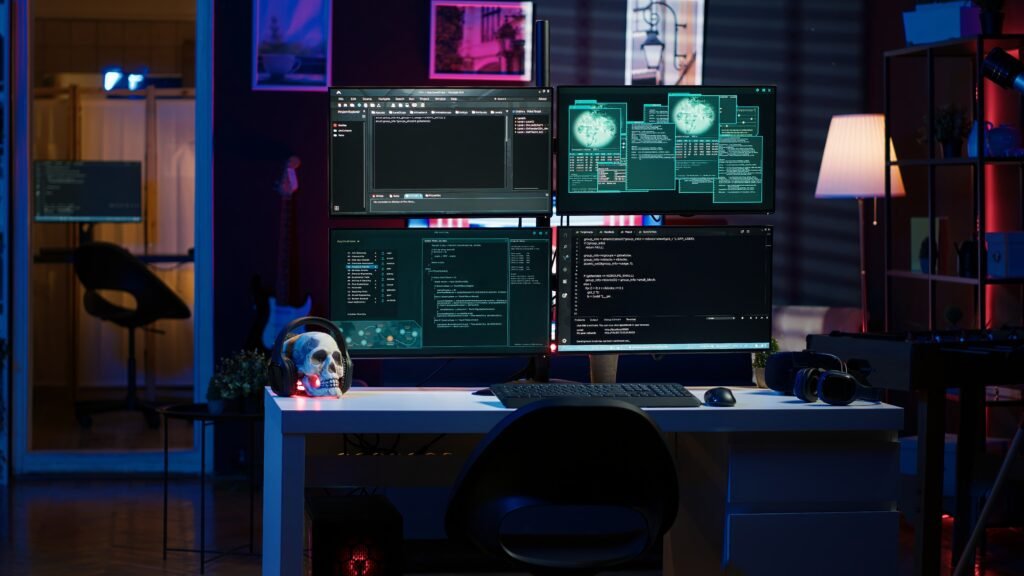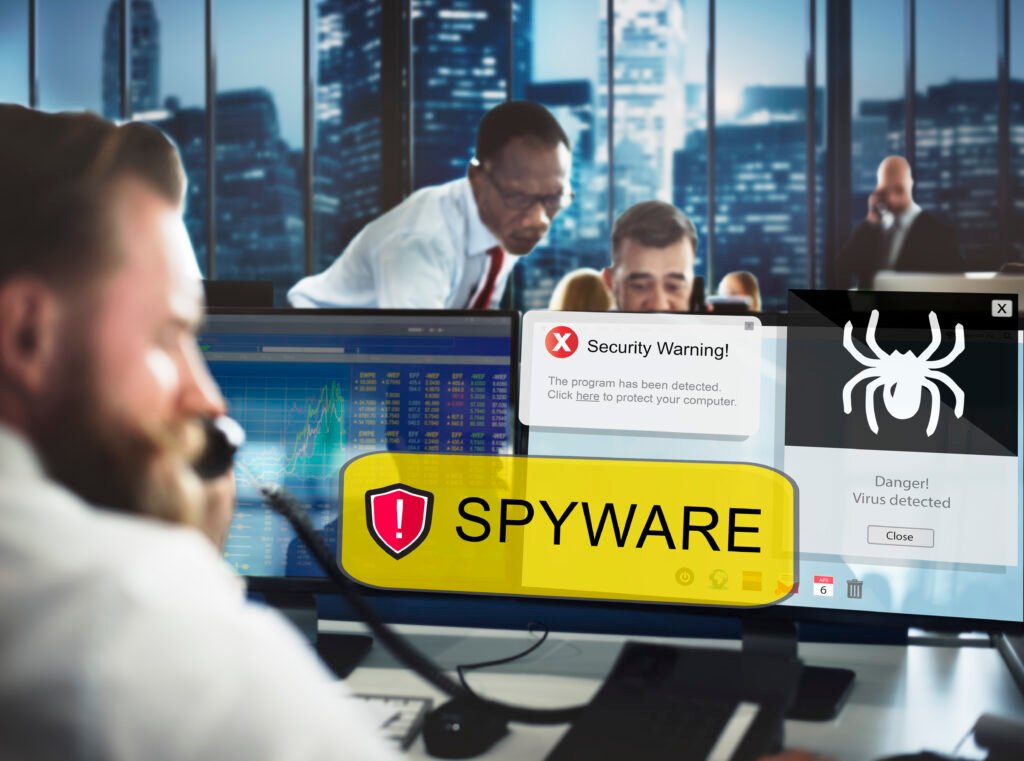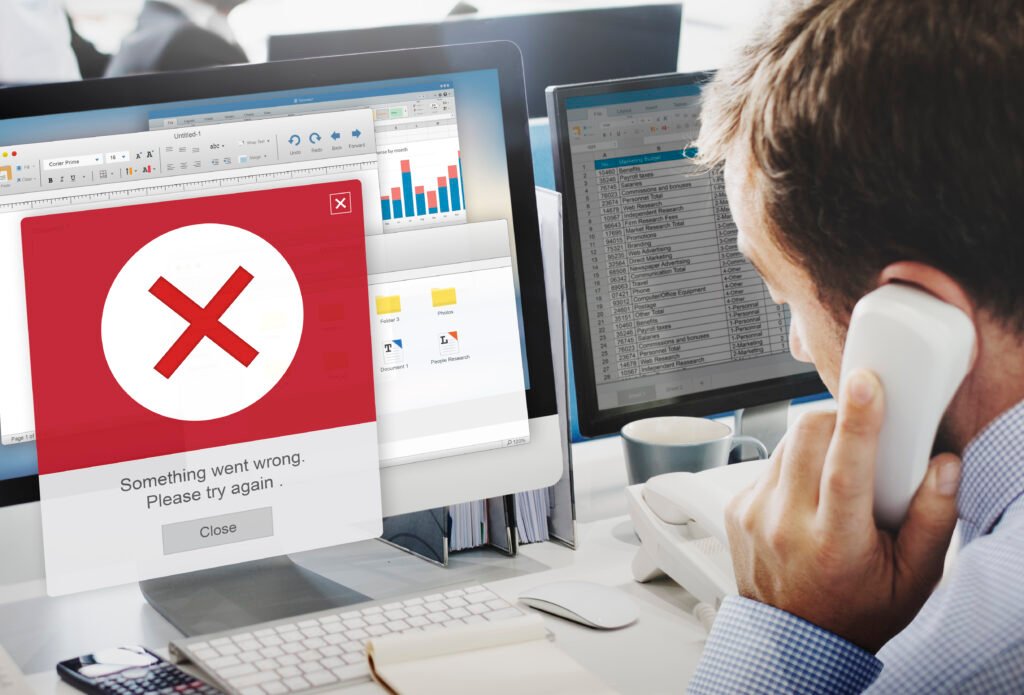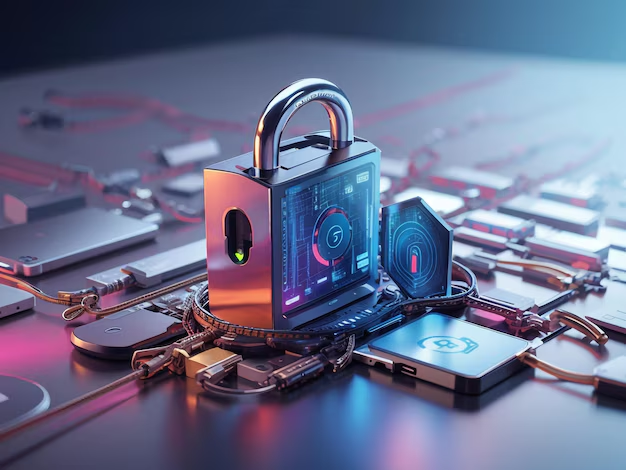In today’s digital-first world, privacy breaches and security vulnerabilities are increasingly common. From hidden surveillance devices to software loopholes, threats to privacy come in many forms. Debugging—the process of identifying and resolving vulnerabilities—plays a vital role in safeguarding both personal and organizational privacy. This blog explores the critical role debugging plays in privacy protection and why investing in regular debugging practices is essential for staying secure.

What is Debugging in Privacy Protection?
Debugging, in the context of privacy, involves identifying and resolving issues that can compromise the security of systems, devices, or environments. It goes beyond traditional software debugging to include detecting unauthorized surveillance devices, patching software vulnerabilities, and mitigating data leaks. By proactively addressing these risks, debugging ensures sensitive information remains secure.
Common Privacy Risks That Debugging Addresses
- Hidden Surveillance Devices Debugging helps detect covert surveillance devices such as microphones, cameras, or GPS trackers. These devices, often planted without consent, can compromise sensitive conversations and activities.
- Software Vulnerabilities Hackers frequently exploit flaws in software or applications to access private data. Debugging identifies these vulnerabilities and resolves them before they can be exploited.
- Data Leakage Issues Debugging ensures that systems are not inadvertently leaking data to third parties, a common risk in poorly configured networks or software.
The Debugging Process: How It Secures Privacy
- Identifying Privacy Vulnerabilities Debugging begins with a comprehensive scan of both physical and digital environments to uncover hidden threats and weaknesses.
- Testing Systems Under Real-World Scenarios Simulating real-world attack scenarios helps identify how vulnerabilities could be exploited and prepares defenses against such threats.
- Patching Issues Once vulnerabilities are identified, debugging focuses on resolving them through updates, repairs, or removal of malicious components.

Real-Life Examples of Debugging Saving Privacy
Privacy threats evolve continuously. Regular debugging ensures your business stays ahead of emerging risks, prevents costly data breaches, and protects client trust. Moreover, it demonstrates a proactive commitment to security, which is crucial in maintaining a strong reputation.
Why Choose UG2 Group for Debugging and Privacy Protection?
- Expertise and Experience With over a decade of experience in Technical Surveillance Countermeasures (TSCM), UG2 Group is a leader in privacy protection. Our team of experts uses cutting-edge tools to detect and resolve vulnerabilities effectively.
- Comprehensive Solutions UG2 Group goes beyond detection by offering tailored solutions to address unique challenges faced by businesses and individuals.
- Industry Leadership Trusted by top industries, including finance, healthcare, and technology, UG2 Group ensures compliance with privacy regulations and protects sensitive data.
- Confidentiality and Excellence We guarantee absolute confidentiality and provide unparalleled excellence in our services, giving you peace of mind.
- Customer-Centric Approach Our solutions are customized to meet your specific needs, whether you require a one-time debugging service or ongoing support.

Debugging Beyond Businesses: Protecting Personal Privacy
Debugging isn’t just for businesses. Individuals can also benefit from debugging practices to secure personal devices and environments. From performing privacy audits on smartphones to checking for hidden cameras in rental spaces, proactive debugging can enhance personal privacy.
Challenges in Debugging Privacy Issues
Debugging privacy threats is not without challenges. Complex systems, rapidly evolving technologies, and lack of expertise can make it difficult to identify and resolve vulnerabilities. Partnering with professionals like UG2 Group overcomes these hurdles, ensuring comprehensive protection.
Enhancing Privacy Protection: Practical Tips
To further secure privacy, businesses and individuals can adopt the following practices:
- Conduct Regular Privacy Audits Periodically check systems, networks, and devices for vulnerabilities or suspicious activity.
- Invest in Employee Training Train staff on recognizing privacy risks and the importance of maintaining secure environments.
- Utilize Layered Security Measures Combine debugging with other security tools like firewalls, encryption, and multi-factor authentication.
- Stay Informed About Emerging Threats Keep up-to-date with the latest privacy risks and technologies to mitigate them effectively.

Conclusion
Debugging plays an indispensable role in securing privacy in today’s threat-filled landscape. Whether it’s detecting hidden surveillance devices or patching software vulnerabilities, proactive debugging measures are essential for both businesses and individuals. UG2 Group’s expertise, tailored solutions, and commitment to excellence make us the ideal partner in protecting your privacy.


